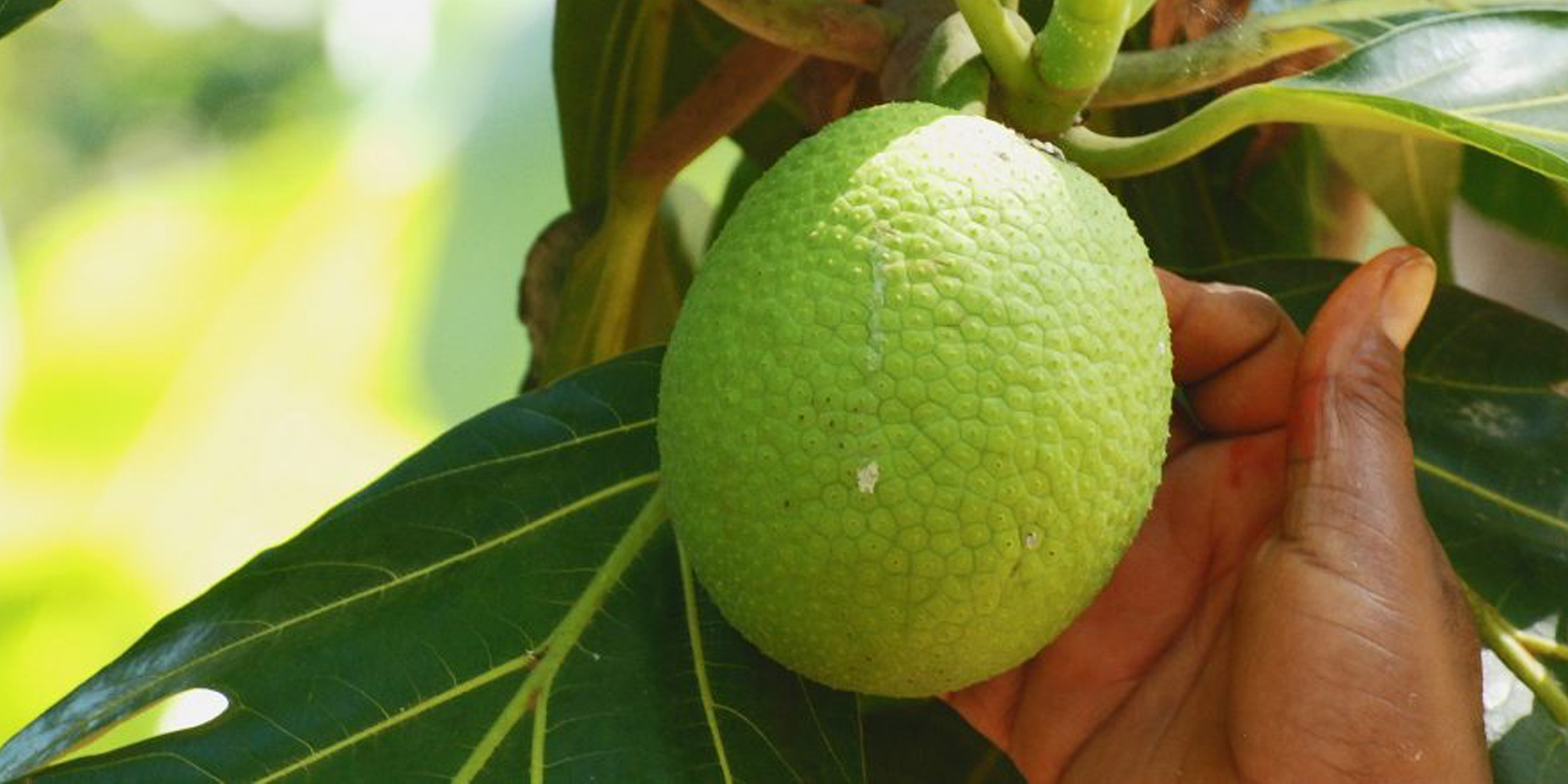April 2020
Minimising The Impact Of COVID 19 On Food Security
 WFP Chief Economist and Director of the Food Security Analysis and Trends Services, Dr Arif Husain says the global pandemic will take a harder hit on the economy of poor and food insecure countries IMAGE: Borgen Magazine
WFP Chief Economist and Director of the Food Security Analysis and Trends Services, Dr Arif Husain says the global pandemic will take a harder hit on the economy of poor and food insecure countries IMAGE: Borgen Magazine
As the spread of COVID 19 reaches pandemic proportions, food insecurity has become an emerging concern.
On their official website, the United Nations World Food Programme (WFP) states illness-related labor shortages, transport interruptions and quarantine measures could affect food supply while a loss of purchasing power caused by COVID 19 could affect demand and change people’s eating patterns and resulting in poorer nutrition.
WFP Chief Economist and Director of the Food Security Analysis and Trends Services, Dr Arif Husain says the economic impacts of the outbreak will leave unprepared countries vulnerable to its elements.
“It’s still too early for an accurate assessment of the impact of COVID 19 on the economy, too much depends on what is not known.”
“What is sure is that an economic downturn is to be expected at the global level, and that this is likely to trickle down to developing economies.”
He explained: “In these contexts, a slowdown in the economy can exacerbate existing food insecurity. It limits people’s ability to access nutritious food in different ways, including through reduced income or increased job insecurity.”
Husain says global pandemic will take a harder hit on the economy of poor and food insecure countries.
“Countries with high levels of food insecurity are generally more vulnerable and less prepared for an epidemic outbreak and would likely see high mortality rates. In addition, malnutrition increases vulnerability to disease.”
He said: “In some contexts, the economic consequences of this disease could end up hurting more people than the disease itself.”
“Think about poor people in many countries who rely on imports for their food and fuel needs and exports of primary commodities to pay for them.”
“For them COVID 19 triggered global economic recession will mean a lot more expensive imports and a lot less money through exports. We need to make sure that they will survive!”
Husain says it’s possible to limit food security.
“The smooth flow of global trade will help secure food supply, and monitoring food prices and markets – an area where WFP has longstanding expertise – and sharing relevant information transparently will strengthen government policies and prevent people from panicking.”
He said: “The most vulnerable countries and populations should be supported – not just in providing medical care, but also assistance through safety nets that have the flexibility to respond to shocks.”
View the original article: Insight by The World Food Programme
